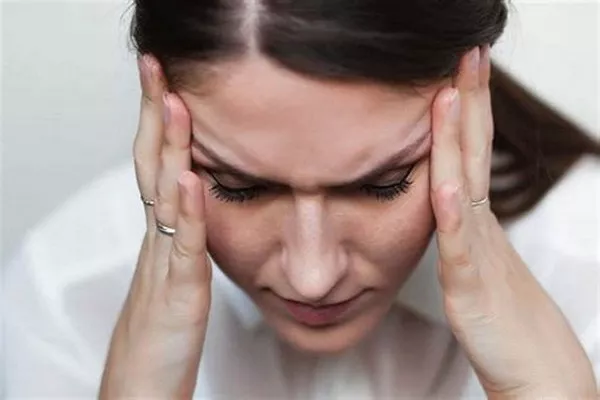Attention-deficit/hyperactivity disorder (ADHD) inattentive type, also known as ADHD-PI or ADD, is a neurodevelopmental disorder that affects millions of people worldwide. It is characterized by symptoms such as difficulty paying attention, forgetfulness, and disorganization. While the condition can be challenging to manage, there are several effective treatment options available that can help individuals with inattentive ADHD to manage their symptoms and lead successful lives.
Here are some of the most commonly used treatments for inattentive ADHD:
Medication
Stimulant medications such as methylphenidate (Ritalin) and amphetamine (Adderall) are often the first line of treatment for inattentive ADHD. These medications work by increasing levels of dopamine and norepinephrine in the brain, which can help to improve attention and reduce hyperactivity and impulsivity. Non-stimulant medications such as atomoxetine (Strattera) and guanfacine (Intuniv) may also be used to treat inattentive ADHD.
Behavioral Therapy
Behavioral therapy can be an effective treatment option for inattentive ADHD. Cognitive-behavioral therapy (CBT) can help individuals with inattentive ADHD to identify and change negative thought patterns that contribute to their symptoms. Additionally, coaching or organizational skills training can help individuals to develop effective strategies for managing their time and organizing their lives.
Lifestyle Changes
Lifestyle changes such as exercise, healthy eating, and good sleep hygiene can also be beneficial in managing inattentive ADHD symptoms. Exercise can help to boost levels of dopamine and norepinephrine in the brain, which can improve attention and reduce impulsivity. A healthy diet that is rich in nutrients such as omega-3 fatty acids and zinc can also help to improve brain function and reduce symptoms of inattentive ADHD.
Support Groups
Support groups can provide individuals with inattentive ADHD with a safe and supportive environment to discuss their experiences and learn from others who are going through similar challenges. These groups can be a great source of information and advice, as well as a place to share coping strategies and emotional support.
In conclusion, inattentive ADHD can be challenging to manage, but there are several effective treatment options available. Medication, behavioral therapy, lifestyle changes, and support groups can all be beneficial in reducing symptoms and improving quality of life. If you or someone you know is struggling with inattentive ADHD, it is important to seek professional help and explore these treatment options to find the best approach for managing symptoms and achieving success.

























